Turin, 10-12 September 2025
The Summer School aims to explore the modern debates surrounding slavery and serfdom in Europe and the Americas within the timeframe
of the Early Modern period, defined here broadly as stretching from the sixteenth century to the beginning of the nineteenth.
The project aims to encourage a comparative perspective, focussing on three key aspects: 1) Early Modern and Enlightenment debates ranging from race and ethnicity to the rights of man. Debates about enslavement begin with ethical, economic and theological questions, and evolve in the period towards a greater focus on race, ethnicity and discussion of the rights of man. How are notions of race debated in the period? 2) Serfdom and slavery. Serfdom existed widely across Europe in the Early Modern period. The challenges relating to research into serfdom in part mirror the challenges concerning enslavement, yet the two phenomena are almost always studied separately. To what extent are there parallels between serfdom and slavery? 3) The role of imaginative literature and the creative arts. Novels, stories, plays, operas, paintings and prints play an increasingly important role, in the Enlightenment period in particular, in exploring notions and constructions of otherness, and in creating often paradoxical fictions of enslavement.
SCIENTIFIC CO-ORDINATION: NICHOLAS CRONK
SPEAKERS
JUNIOR FELLOWS
PARTICIPANTS
Palazzo d’Azeglio
Via Principe Amedeo 34 – Torino
Palazzo d’Azeglio is a historic building located in the centre of Turin, it has been the headquarters of the Turin Humanities Programme – THP – of Fondazione 1563 since 2021. Its history began in 1679, when it was built as part of the second expansion of the city. It was the residence of local noble families, including the Taparelli d’Azeglio, hence the name. Since 1970 it has housed the Luigi Einaudi Foundation, a national point of reference for the social sciences. The interiors and the decorations of the building feature a variety of architectural and decorative styles, which are the result of several refurbishments due to the various owners who have alternated over the course of more than three centuries.
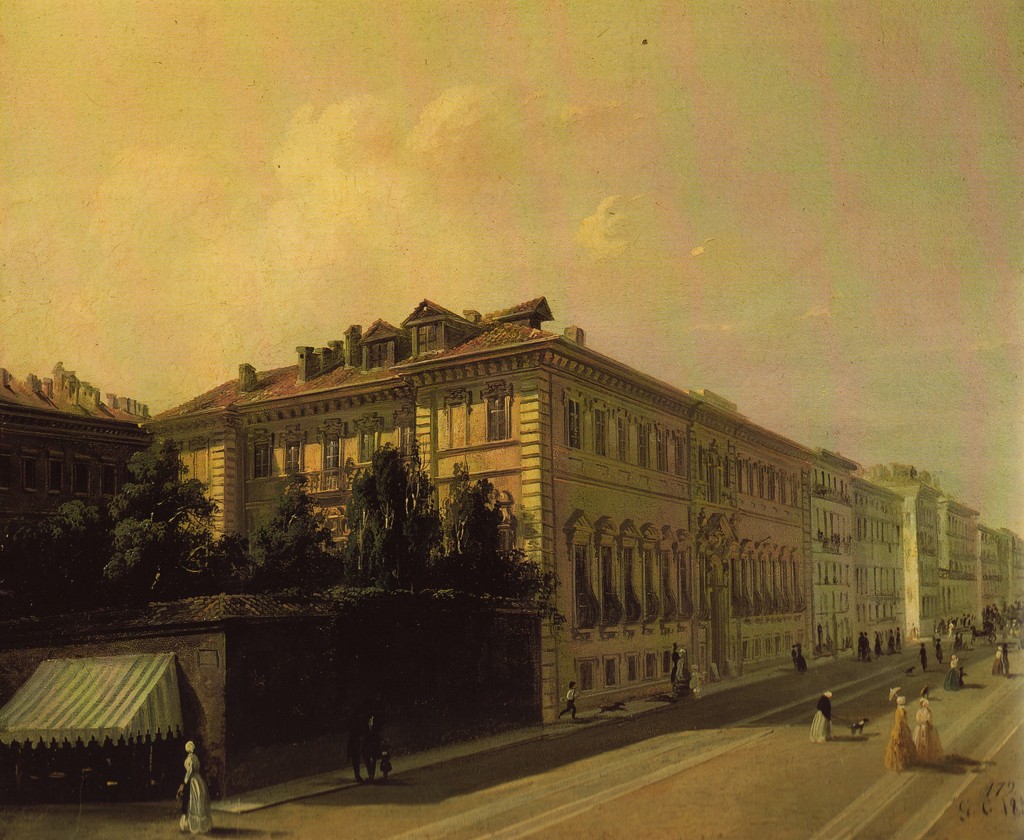
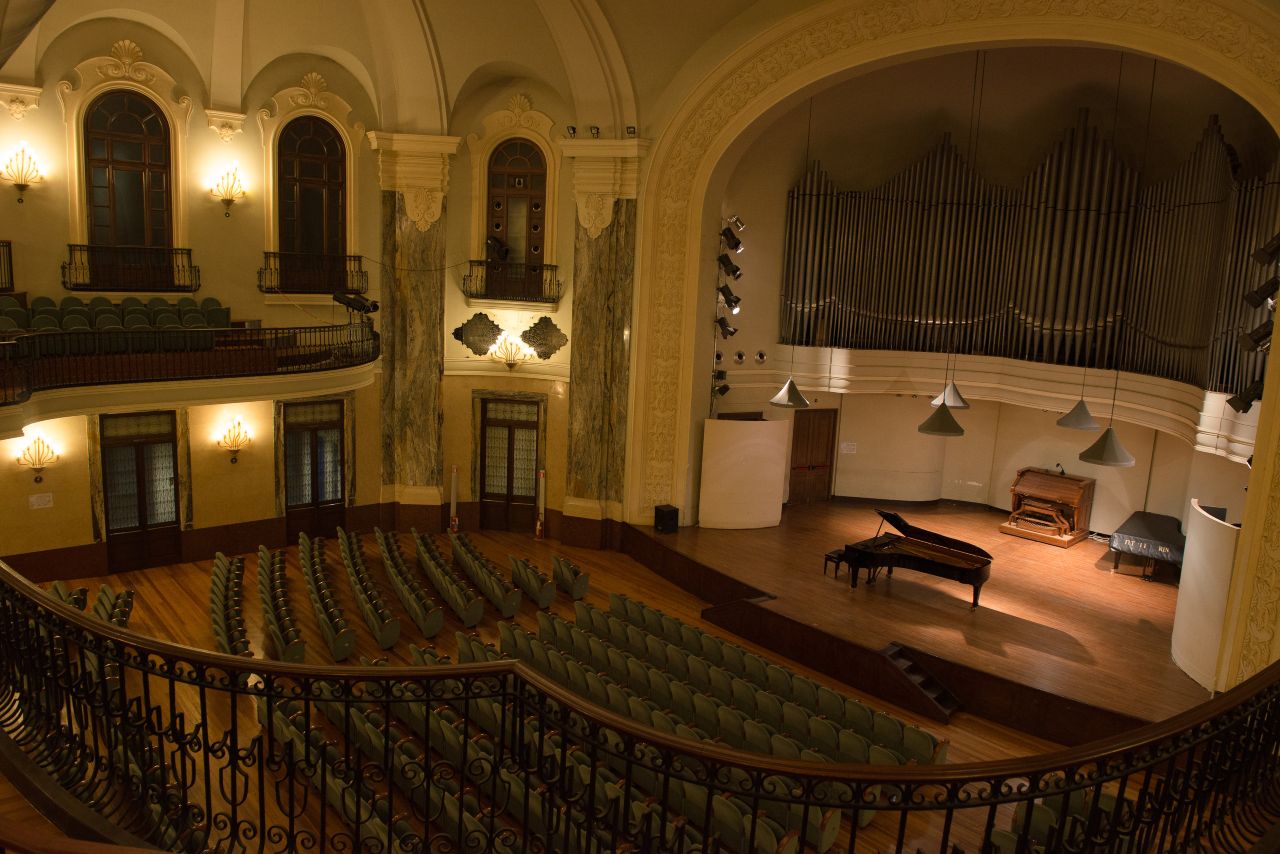
Conservatorio Giuseppe Verdi
via G. Mazzini, 11 – Torino
The Conservatorio Giuseppe Verdi of Turin was founded in 1936 and is one of the most prestigious institutions of higher education in art, music and dance in Italy. Illustrious musicians and composers of the past trained here. The Conservatorio offers academic courses and PhDs. It also carries out artistic production activities and it participates in music festivals organized by local institutions.




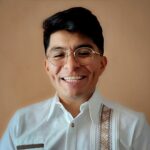 Eduardo Angel Cruz (1995) is a Mexican historian specialising in Spanish colonial history. Early in his career, he studied financial disputes surrounding prominent Catholic pilgrimage sites, such as the Virgin of Guadalupe (Mexico City). Years of archival experience prompted an evolution of his pursuits towards broader devotional practices. This progression culminated in a PhD dissertation, currently in contract for publication with Routledge (in English) and with Florence University Press (in Spanish), which examines the economic dynamics underpinning the canonization of saints in Baroque Rome and the deployment of Counter-Reformation sanctity as political propaganda across multiple Spanish overseas territories. As a recently appointed FWO junior postdoctoral researcher at KU Leuven, his focus is on analysing the concepts of ‘miracle’ and ‘miraculous cure,’ alongside the intersections of race and gender as reflected in testimonies by Indigenous and Afro-descendant witnesses of miraculous deeds across colonial Latin America.
Eduardo Angel Cruz (1995) is a Mexican historian specialising in Spanish colonial history. Early in his career, he studied financial disputes surrounding prominent Catholic pilgrimage sites, such as the Virgin of Guadalupe (Mexico City). Years of archival experience prompted an evolution of his pursuits towards broader devotional practices. This progression culminated in a PhD dissertation, currently in contract for publication with Routledge (in English) and with Florence University Press (in Spanish), which examines the economic dynamics underpinning the canonization of saints in Baroque Rome and the deployment of Counter-Reformation sanctity as political propaganda across multiple Spanish overseas territories. As a recently appointed FWO junior postdoctoral researcher at KU Leuven, his focus is on analysing the concepts of ‘miracle’ and ‘miraculous cure,’ alongside the intersections of race and gender as reflected in testimonies by Indigenous and Afro-descendant witnesses of miraculous deeds across colonial Latin America.



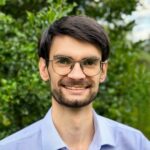 Stanislav Mohylnyi earned his M.A. in Comparative History from Central European University (Budapest) in 2018. He is currently a Ph.D. candidate at the Bonn Center for Dependency and Slavery Studies. His research interests include global and Russian intellectual history of serfdom and slavery, Russian serfdom, and the 18th-century social history of Ukraine.
Stanislav Mohylnyi earned his M.A. in Comparative History from Central European University (Budapest) in 2018. He is currently a Ph.D. candidate at the Bonn Center for Dependency and Slavery Studies. His research interests include global and Russian intellectual history of serfdom and slavery, Russian serfdom, and the 18th-century social history of Ukraine.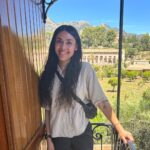


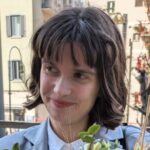 Cecilia Sensi grew up in Turin. The topic of the construction of identity and the cultural discourse around it has always been at the center of her academic interests. She obtained a first Master’s degree in Archaeology and Ancient History at the University of Turin with a thesis centered on Gothic identity under the rule of King Theodoric. She then spent two years teaching Latin and Italian literature in Italian high schools. After a period of research in Paris, on 3 April 2025 she obtained a second Master’s degree in Modern History at the University of Turin with a thesis on vulnerability and gender performance in Maximilien Robespierre’s production. Her current areas of research include the history of gender identity and performance, the history of the body and the history of vulnerability in the late modern era.
Cecilia Sensi grew up in Turin. The topic of the construction of identity and the cultural discourse around it has always been at the center of her academic interests. She obtained a first Master’s degree in Archaeology and Ancient History at the University of Turin with a thesis centered on Gothic identity under the rule of King Theodoric. She then spent two years teaching Latin and Italian literature in Italian high schools. After a period of research in Paris, on 3 April 2025 she obtained a second Master’s degree in Modern History at the University of Turin with a thesis on vulnerability and gender performance in Maximilien Robespierre’s production. Her current areas of research include the history of gender identity and performance, the history of the body and the history of vulnerability in the late modern era.
